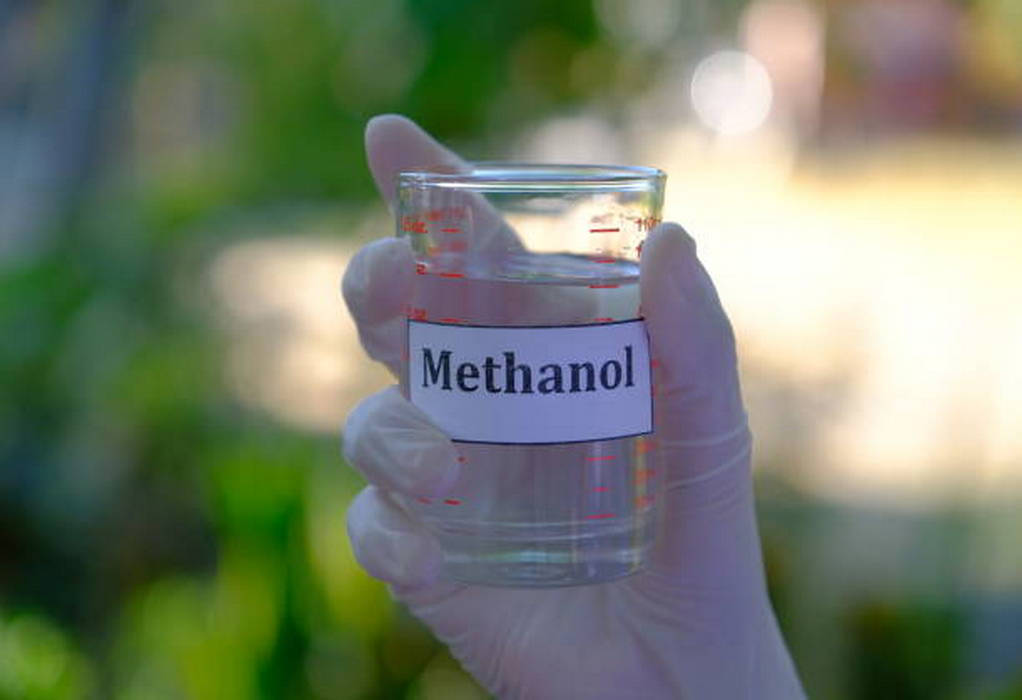Chinese researchers have managed to convert coal into protein using methanol obtained from this mineral. The process promises to offer a low-cost solution to the increasing demand for animal feed due to the increase in world population. The efficiency of this method compared to natural plant cultivation and its potential to significantly reduce dependence on agricultural land is highlighted.
The increasing global demand for animal feed creates significant challenges in terms of environmental sustainability and food security. Currently, the production of animal feed requires large areas of land, which contributes to deforestation and biodiversity loss. In this context, researchers at the Chinese Academy of Sciences have developed an innovative method to produce protein from coal using methanol as an intermediate.
The process begins by converting coal into methanol through gasification, a method that can now be done with almost zero carbon emissions.
The obtained methanol is added to a special variety of yeast. Shepherd’s FigsWhich ferments methanol to produce single-cell proteins rich in amino acids, vitamins, inorganic salts, fats and carbohydrates.
The team’s main innovation was to select and genetically engineer the yeast strain, optimizing it to tolerate the toxic effects of methanol and maximize transformation efficiency. This resulted in methanol-to-protein conversion at an impressive 92% of the maximum theoretical capacity of the process, establishing it as a cost-effective option for industrial protein production.
Adoption of this method has the potential to dramatically reduce the need for agricultural land for animal feed production, providing a sustainable alternative that can significantly contribute to reducing the environmental problems associated with intensive agriculture.
This progress represents an important milestone in the search for sustainable alternatives to the production of animal feed. By offering a solution that reduces dependence on limited natural resources and improves food security, coal-to-protein conversion is emerging as a promising strategy in the context of current global challenges.
Tags: Chinese researchers, Lowcost Solution, Methanol



Recent Posts
Scandlines Nears Delivery of Zero Emissions Ferry Following Successful Sea Trials
India faces emission roadblocks with rising net-zero demands
Green Energy Resources invests in two electric Liebherr LHM 550
NYK Launches Continuous Use of Bio LNG Fuel on Car Carriers to Advance Decarbonization Goals
Yang Ming Expands Fleet with Methanol and LNG Dual-Fuel Vessels Under Fleet Optimization Plan
ClassNK Advocates Speed Gap Monitoring to Optimize Fuel Efficiency in Heavy Weather
Wärtsilä’s retrofit package for the Corsica Linea ferry Pascal Paoli has resulted in fuel savings of up to 22 percent Corsica Linea
COSCO Shipping Names Second Methanol Dual-Fuel Containership in Yangzhou